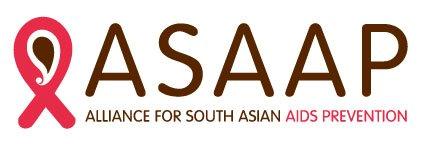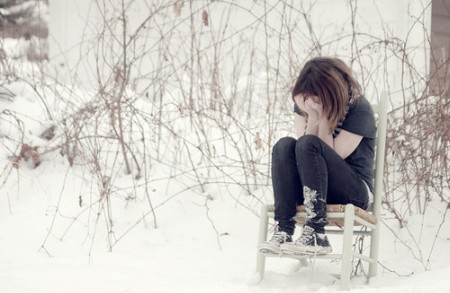I think it is safe to say that I am an outcast. I say this, not because I lack a loving family, friends and community. But, I don’t seem to fit the tiny dimensions of what a good Tamil girl should be. I haven’t landed that “proper job” as an engineer, doctor or lawyer. At 22, I’m at a prime age for marriage, but have no plans for either a husband or children. I am wild at heart, with ambition, dreams and determination- all conflicting with the passivity and nurturing that is routinely portrayed by Tamil women in the media. And I’m not alone.
Every day, I meet strong, independent, passionate women who have no fears about taking hold of the reins. And yet, these women are similarly boxed in by gendered expectations. All their passion and vibrancy are sanded down, leaving room for only jasmine flowers and lowered gazes. This idea that a woman is an appendage to her male partner has been deeply etched into the Tamil culture. The notion of the “homely” girl versus the “modern” girl is an age old battle and one that Tamil women struggle with every day. While the two dichotomies are seen as incompatible, it is clear that in either form a woman’s sexuality exists only in relation to her man. One only needs to look to the movie posters plastered around Scarborough to see a dolled up sex kitten who attends to the every whim of her hero, or the ideal wife who tends to the every need of her husband. But the question persists- what about her?
Gender norms dictate that women, specifically South Asian women are not meant to be sexual beings unless as demanded by their male partners. Sadly, it is not just men that believe this. In my role as Education Coordinator at the Alliance for South Asian AIDS Prevention (ASAAP), when outreaching at community events, I sometimes face outrage at the idea that I would hand out condoms and sexual health pamphlets. We are taught that sex is something that is only to be discussed behind closed doors, if at all. So conversations that centre around safe sex and sexual health live on the fringes of our communities. And it`s so frustrating because when we drive something underground we send a message that it is shameful and this ‘shame’ puts women at risk.
If we are ashamed of our sexual drive, we are less likely to negotiate condom use, less likely to ask questions to our physicians and less likely to even talk about our needs. We’re more likely to face abuse and stigma and more prone to getting lost in a cloak of social invisibility that women of colour collectively adorn. For this reason, advocacy is so crucial.
Conservatives estimate that more than 2 million women in India and Sri Lanka collectively are living with HIV/AIDS [1]. More shocking is that the most common way these women contract the virus is through monogamous sexual relationships with their long- term male partners.
Huh?
So, those women who adhere to traditional norms, who marry the right guy, and look the right way and did all the “right things”- they’re still at risk? Hell yeah.
While it may be mind boggling that being in a monogamous relationship is a risk factor, what’s at play is a gender equity issue. By shaming conversations around safer sex, sexual relationships and sexuality as a whole, the idea of monogamy as a protective factor is misleading. We deserve better, which is exactly why ASAAP is out in the community, handing out condoms, lube and educational pamphlets despite the protests. It is crucial for women’s health to obtain this information. Here at ASAAP, many women come seeking sexual health services- and this number is growing each day.
Sex is a beautiful and pleasurable part of life, and we don’t need to hide from it, or shame it. Shiva and Parvathi didn’t have a long honeymoon just for the exercise. The feminine energy in South Asian mythology oscillates between raw power and calming forces. We should begin to embrace these contradictions that are a part of our unique histories, learning to reconcile the two and make room for both the vamp and sweet village girl.
Women can be active in their healthcare, have these difficult discussions and exercise their power. We are fearless and strong for our families, our professions and friends – and the bedroom is no longer off limits.
And that sex kitten, on that poster in Scarborough? I hope she’s raising hell.
-Images courtesy of Stills India and Words Over Pixels.
[1] Retrieved from: http://www.worldbank.org/en/news/2012/07/10/hiv-aids-sri-lanka>

 Guest Contributor
Guest Contributor









